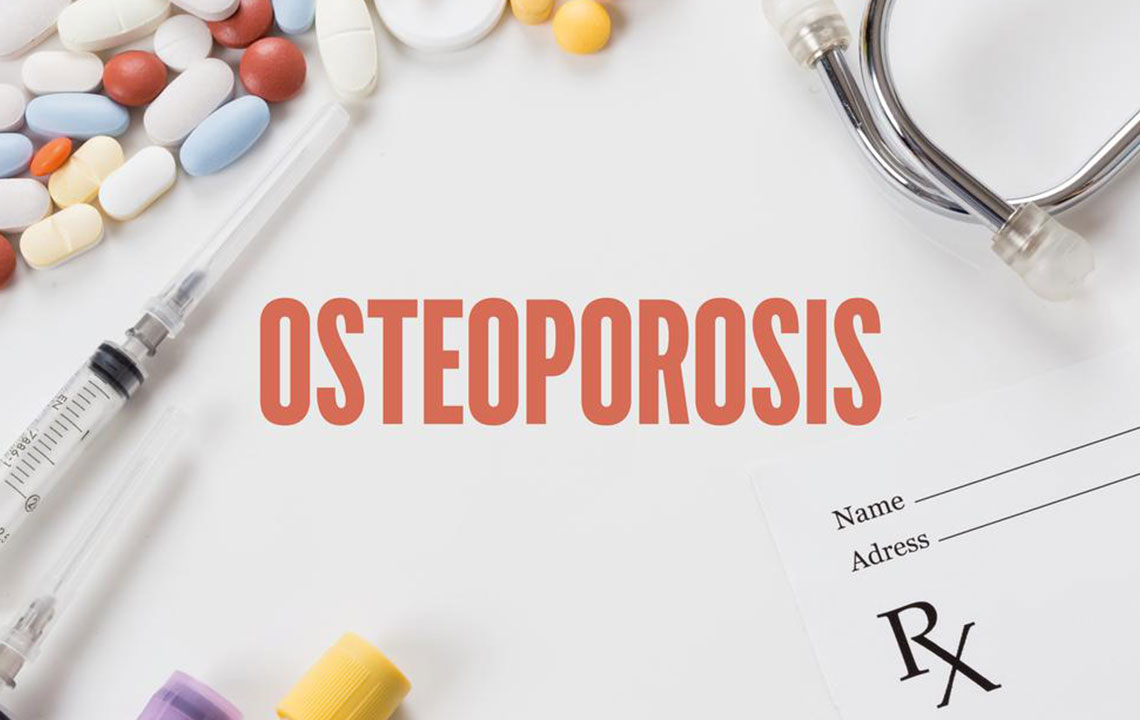Effective Strategies for Managing Osteoporosis
Learn about effective strategies for managing osteoporosis, including medications, lifestyle changes, and dietary tips. Early diagnosis and personalized treatment can help prevent fractures and improve bone health. Discover current therapies, nutritional advice, and exercises to support strong bones and enhance quality of life.

Effective Strategies for Managing Osteoporosis
Osteoporosis is characterized by fragile bones and a higher risk of fractures. The condition makes bones porous and easily breakable, impacting both genders. Bone density decreases starting around ages 35 to 40, with women experiencing a faster decline post-menopause. Causes include genetics, hormonal imbalances, sedentary lifestyle, calcium and vitamin deficiencies, smoking, excessive alcohol, rheumatoid arthritis, low body weight, and family history.
Diagnosis involves X-rays and bone density scans. Early symptoms may include mild muscle or bone discomfort, especially in the lower back or neck, which can worsen over time. Treatment aims to prevent further bone loss, improve density, manage pain, and reduce fracture risk.
Management includes medication, lifestyle modifications, and dietary improvements. Quitting smoking, limiting alcohol, exercising regularly, and increasing calcium and vitamin D intake are crucial. The latest approaches combine diet, physical activity, and medication.
Medications used are tailored to individual needs:
Estrogens: Hormone replacement therapy helps preserve bone mass and reduces fracture risk in postmenopausal women, available in pills or patches.
SERMs: Selective Estrogen Receptor Modulators are alternatives for women who can't take estrogens, aiding bone health without certain risks.
Calcium Supplements: Typically 600 mg per dose, divided into two daily intakes to meet recommended levels of 1,200-1,500 mg.
Vitamin D: Essential for calcium absorption, with a daily intake of 800-1,000 IU advised.
Bisphosphonates: These drugs slow bone loss and may improve density, requiring regular monitoring and proper administration.
Proper nutrition, focusing on calcium-rich foods like dairy, fish, nuts, and greens, supports treatment. Limiting salt, caffeine, soda, and alcohol further benefits bone health. Exercise programs such as walking, swimming, or aerobics strengthen bones, but should be discussed with a healthcare provider. Specialist consultation with orthopedic or bone health experts is important for fracture management and personalized care.
While osteoporosis can't be cured, early diagnosis and comprehensive management can significantly improve quality of life and reduce complications. Incorporating natural remedies, healthy foods, and safe physical activity enhances treatment effectiveness.










